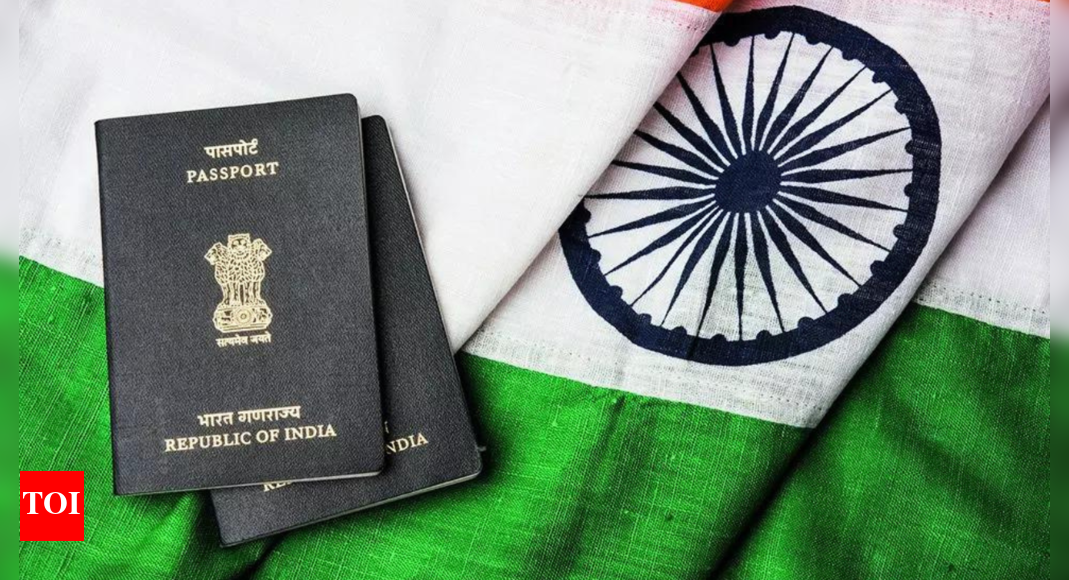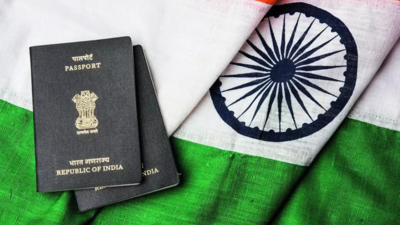At the same time as citizenship problems are being raised in lots of portions of the rustic, a brand new file questions the criminal procedure adopted by way of the Foreigners Tribunals (FTs) and Gauhati top court docket in mentioning 1.6 lakh other people as “foreigners” in Assam.In keeping with the file, citizenship was once denied at the foundation of youngster spelling mistakes and confusion between honorific titles and exact names, whilst credible oral testimony was once brushed aside. The findings have been in keeping with an research of over 1,200 Gauhati HC orders, key Ideal Courtroom judgments, orders of the FTs, and in depth interviews with attorneys and litigants. Some of the circumstances cited are: Barpeta resident Rahman Ali submitted paperwork for citizenship in 2012, list his father’s title as Khurshed Ali. His declare was once rejected a yr later with the government ruling that this was once a discrepancy as his father’s title registered as Furshed Ali within the 1965 and 1970 voter rolls, despite the fact that it was once appropriately registered as Khurshed in 1989, 1997 and 2010.Maharjan Nessa’s uncle’s testimony was once brushed aside in 2019 as a result of he was once blind to when her father had bought land in Gobardhana village in Baksa district, a element beside the point to her citizenship standing.Ibrahim Ali’s petition was once denied as a result of his father’s title gave the impression as ‘Past due Nurul’ within the 1989 voter roll and ‘Nurul Islam’ within the 1965 and 1970 voter rolls for Toktoki village in Nagaon district.But even so such rejections, there are over 85,000 pending circumstances. The FTs are anticipated to listen to 1,000,000 appeals from the ones excluded from the Nationwide Sign in of Electorate (NRC). The file titled ‘Unmaking Electorate: The Structure of Rights Violations and Exclusion in India’s Citizenship Trials’ by way of the Nationwide Regulation Faculty of India College and Queen Mary College of London describes this as a “burgeoning disaster”. It argues that the FTs – moderately than being mistaken exceptions-have transform regimen tools of exclusion.The file comes at a time when Parliament has enacted the brand new Immigration and Foreigners Act, 2025. On this context, the file requires an pressing, elementary rethinking of the criminal buildings governing citizenship in India, calling the present gadget now not simply damaged, however actively unjust.“Even supposing the citizenship verification procedure has ostensibly been performed below the duvet of legislation and now and again even below court docket supervision, our file displays that it fails to align with core constitutional and criminal ideas,” says Mohsin Alam Bhat, legislation professor at Queen Mary College and co-author of the file. “Persons are requested to supply unreasonable documentation. Worse, the gadget is designed to reject even the documentary and oral proof they do organize to offer.“One of the causes for denying citizenship are in opposition to settled legislation, the file says. For example, FTs and the Gauhati HC mechanically rejected the most important legit paperwork, reminiscent of gram panchayat certificate and voter rolls, over minor formatting flaws, inconsistencies in ink colour, or the absence of main points like particular executive headers. Slight diversifications in an individual’s title, identify, or age was grounds for denial, despite the fact that such inconsistencies are not unusual in rural data. Even if credible witnesses, together with members of the family with direct wisdom, testified to an individual’s citizenship or familial relationships, their statements have been ceaselessly brushed aside simply because they may now not recall main points like the appropriate yr a circle of relatives moved to a village, the date of a wedding, or a delivery date.Moreover, FTs and the HC have mechanically brushed aside post-1971 paperwork as “beside the point” or “now not evidence of citizenship”. This resulted in paperwork like Aadhaar, PAN playing cards, and ration playing cards, which might identify steady place of dwelling or familial ties, being summarily rejected.Some other problem has been the incessantly weakening {qualifications} for FT contributors. In 2011, simplest retired officers of the judicial provider have been eligible. By way of 2015, advocates who had 10 years of revel in may well be appointed. In 2019, this was once additional broadened to incorporate civil servants and attorneys with simplest seven years of revel in.The file argues that the courts have now not handled those procedural violations as mistakes of legislation critical sufficient to invalidate FT court cases. Bhat says, “The top court docket has followed the similar slender technique to proof because the tribunals, rejecting testimony and paperwork for minor, technical discrepancies with out bearing in mind them in totality, as settled evidentiary apply will require.”

